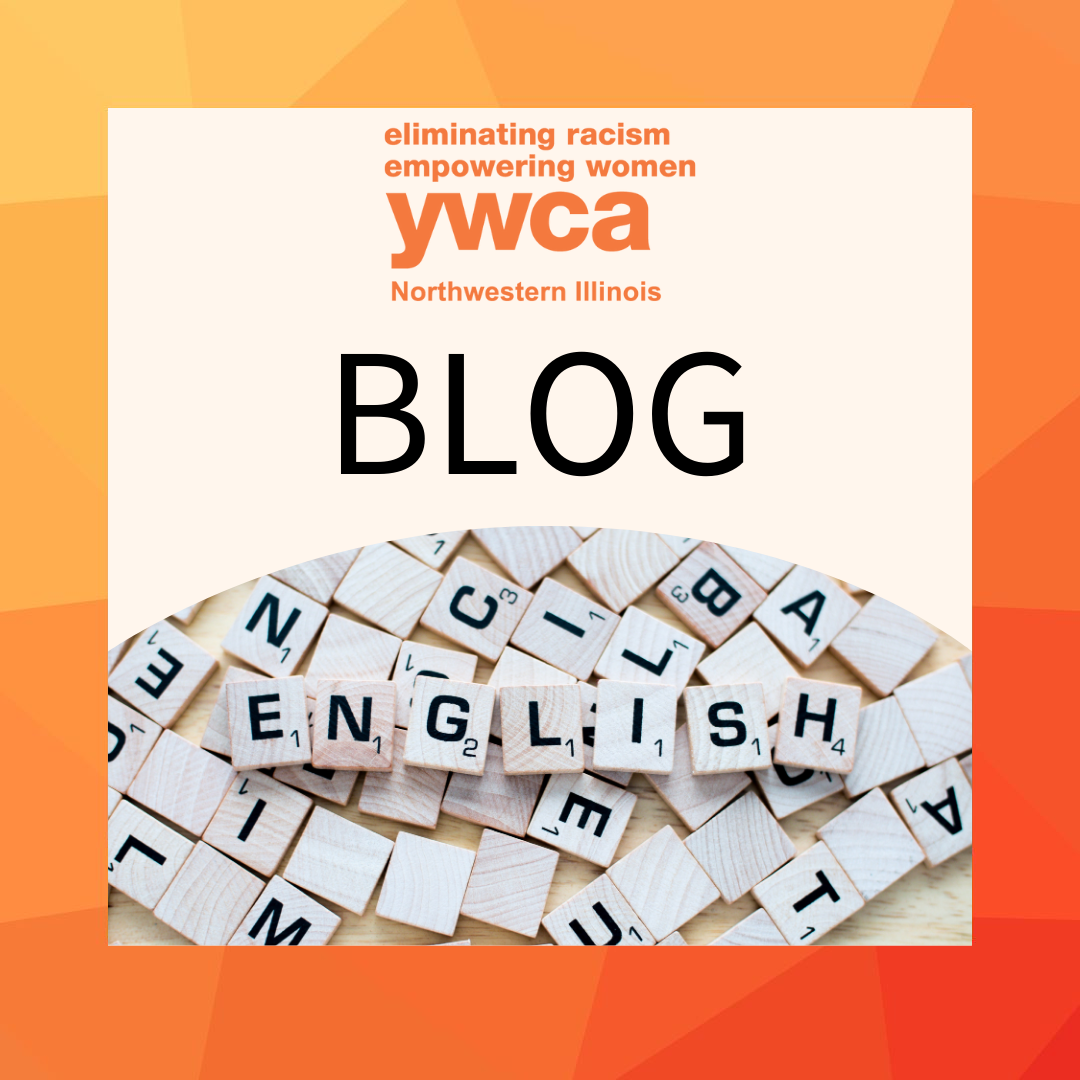Financial abuse is a profound yet devastating form of control that can happen in intimate relationships. Unlike physical or emotional abuse that often leaves visible marks, financial abuse can be more sneaky and harder to recognize. However, it is just as damaging and requires attention and understanding. It’s crucial to understand what financial abuse looks like, its impacts, and how to seek help.
Financial abuse takes place when one partner exerts power and control over the other’s financial resources. This can exhibit in various ways, including:
- Controlling Access to Money: A partner may restrict the other’s access to bank accounts, credit/debit cards, or cash.
- Sabotaging Employment: Interfering with the other partner’s job opportunities, such as creating conflicts or requiring excessive time and attention at home.
- Restricting Access to Money: One partner controls all financial resources, leaving the other with little to no access to funds.
- Withholding Financial Information: Keeping the other partner in the dark about financial decisions, accounts, or debts.
- Manipulating Spending: Monitoring or restricting how the other partner spends their money, often with guilt or threats.
- Creating Financial Dependence: Making the partner reliant on the abuser for all financial needs, stripping them of autonomy.
Understanding your financial rights and resources is empowering. Research local laws regarding financial independence and support available to you. Here is an overview of key financial rights everyone should be aware of.
- Seek Professional Help: Whether through therapy, financial counseling, or support groups, getting guidance can provide clarity and strength as you navigate this challenging situation.
- Reach Out for Support: Organizations dedicated to domestic violence and financial abuse can offer resources, advice, and, if needed, emergency shelter.
- Educate Yourself: Understand your financial rights and available resources. Knowledge is power.
- Seek Support: Reach out to trusted friends, family, or professional organizations that specialize in domestic violence and financial abuse for guidance and assistance.
- Create a Safety Plan: If leaving the relationship is the best option, develop a plan that includes saving money discreetly, securing personal identification, and identifying safe places to go.
- Open Communication: If it feels safe to do so, discuss your concerns with your partner. Acknowledging the issue can sometimes lead to constructive conversations about financial equality.
In conclusion, financial abuse is a serious issue that deserves attention and action. By recognizing the signs, understanding its impact, and knowing how to seek help, victims can reclaim their financial autonomy and break free from the cycle of abuse. Together, we can break the silence surrounding financial abuse and foster healthier, more equitable relationships.
If you suspect you’re experiencing financial abuse, or know someone who is experiencing financial abuse let them know they are not alone, and help is available.
YWCA Northwestern IL: 1-(815) 484-9442 EXT.306
Remedies Renewing Lives: 1-(815) 962-6102
National Domestic Violence Hotline: 1-(800) 799-7233
Please remember all calls are confidential.
-Estefania Barrientos, YWCA Northwestern Illinois PAIP Coordinator/Parent Educator




